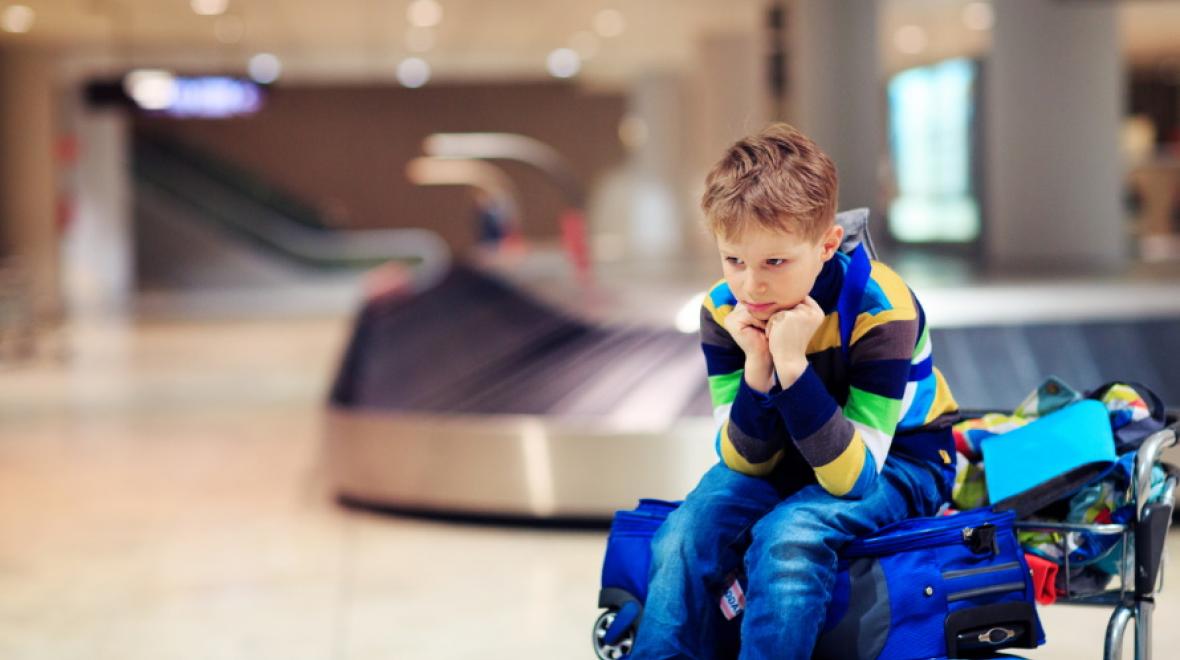
For years, Jennifer Vertetis wished there was a way she could easily telegraph to airport workers and fellow travelers that no, she wasn’t trying to cheat the system by boarding the flight early with her school-age children: She was simply doing her best to calm her elder son, Peter, who lives with autism.
Sea-Tac Airport is now the first in North America to offer a way to do just that. Since October, it has stocked green lanyards printed with yellow sunflowers at its customer service desks that are available by request to anyone traveling with a "hidden disability" — a condition that may not be readily obvious — including autism spectrum disorder, epilepsy, hearing loss, anxiety or dementia.
The lanyards don’t grant wearers special security clearance or the ability to skip lines, says Perry Cooper, a Sea-Tac spokesperson. But airport workers have been trained to recognize the lanyards as a signal that a traveler might need extra assistance, patience or simply a bit of kindness to make the journey easier for them and for everyone in their orbit.
“We’re trying to become the most accessible airport in the country,” says Cooper. Airport helpers dressed in teal called Pathfinders are also able to hand out the lanyards, he says, and travelers can email customerservice@portseattle.org (with advanced notice) if they’d like to schedule an "airport dress rehearsal" to prepare for future travel.
“The Port of Seattle is raising the bar, not only for itself, but for airports in the U.S. and across the globe,” says Eric Lipp, executive director of the accessible travel advocacy group Open Doors Organization. “Sea-Tac Airport is a leader and is to be applauded for holding itself to a higher standard by weaving access into its identity.”
Vertetis, a mother of three who lives in Tacoma, says that any effort to improve awareness of hidden disabilities can make travel better for everyone. Some of her family’s most challenging flights, she says, occurred when airport workers from flight attendants to gate agents to security staff assumed Peter was a typical teenager and reacted with frustration and confusion when the stress of being patted down by strangers, standing in long lines, and a host of other airport surprises triggered him to melt down or run away.
“I find most people are genuinely kind and accommodating when they are aware that someone has special needs. They generally step back and either give you space to deal with the issues or they ask if they can help,” says Vertetis. If more airports around the country and the globe adopt the sunflower lanyards, she says, it could make a significant impact on making travel more inclusive and accessible to people living with invisible disabilities.
Sea-Tac is following the lead of Gatwick and Heathrow airports in England and a host of other airports throughout the United Kingdom that began distributing the same lanyards in recent years to improve communication and the overall experience for travelers of all ages with hidden disabilities. Gatwick alone has given out more than 100,000 lanyards since 2016, according to its accessibility manager, Jack Bigglestone-Silk.











